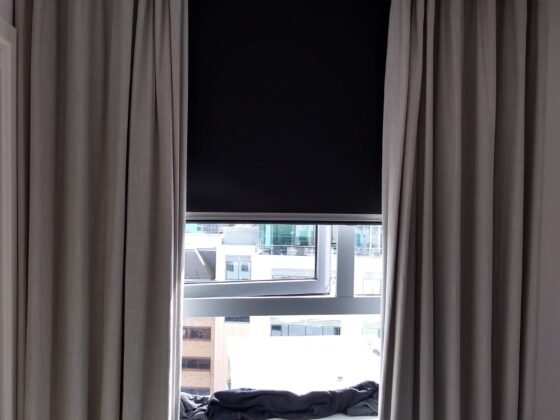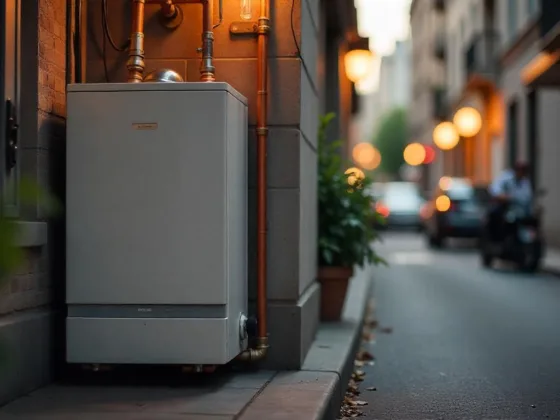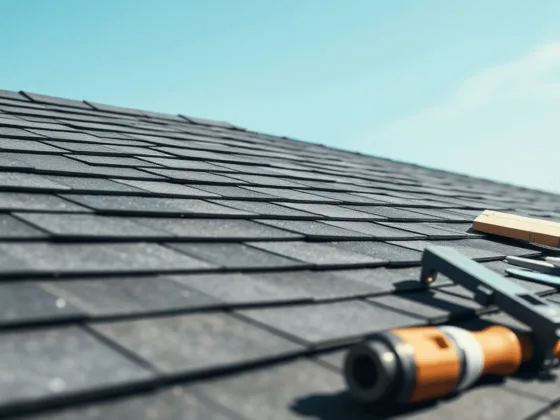Table of Contents Show
Natural disasters like hurricanes, flooding, wildfires, earthquakes, and tornadoes are terrifying and destructive events that can wreak havoc on homes and communities.
With the increasing frequency and severity of disasters in recent years due to climate change, it is more important than ever to take proactive steps to protect your home and family.
Some simple but effective precautions and preparations can go a long way in minimizing damage to your property and ensuring the safety of your loved ones.
This article discusses various strategies and tips on how to protect your home from the threats posed by natural disasters.
Develop An Emergency Response Plan for Your Household
The first step to protecting your home from a natural disaster is to ensure that you and your family members have a well-developed emergency response plan.
This plan should account for different disaster scenarios, evacuation routes, emergency supplies, contact information for local emergency services, and a meeting spot to regroup in case family members get separated.
Practice and drills your emergency plan regularly so that everyone knows exactly what to do in a real disaster situation.
Read Also:
Stock Up on Emergency Supplies To Withstand Being Cut Off
In many disaster situations like earthquakes, hurricanes, or snowstorms, you may lose access to power, water or be trapped in your home for days. Stocking up on emergency supplies that can sustain you for at least 2 weeks is important.
Essential items include food that won’t spoil like dried goods and canned items, bottled water, a manual can opener, flashlights, batteries, a battery-powered radio, a first aid kit, medicines, sanitation and personal hygiene items, pet food, cash, and emergency tools.
These supplies should be checked and restocked regularly to ensure freshness.
Take Steps to Safeguard Your Home’s Structure
There are several measures you can take to strengthen your home’s structure and make it more able to withstand high winds, flooding, and seismic activity.
For high winds, you can install impact windows, hurricane shutters, or pre-cut plywood boards to cover windows and doors.
You should also inspect the roof and consider installing roof straps or additional fasteners to securely anchor the roof to the walls.
For flood protection, you can install watertight doors, sealants, and metal grids on basement windows, a sump pump with a backup power system, and ensure the proper slope of the yard to direct water away from the building.
If in an earthquake-prone area, securely fastening the home to its foundation, anchoring heavy furniture, strapping the water heater to walls, and installing latches on cabinets and cupboards can help reduce damage.
Miami residents concerned about the impact of storms can consider installing impact windows miami to protect from high winds and debris.
Impact windows are designed to withstand the force of hurricane winds and impacts from airborne debris. They remain intact even after an object strikes them, continuing to provide protection from the elements.
Invest In Backup Power and Communication Equipment
Loss of power and communication lines are common consequences of many disasters.
To ensure you have basic necessities and stay connected, you should invest in backup equipment including a standby generator, emergency lighting like LED lanterns, weather-appropriate radios, and chargers for your mobile devices.
A generator will allow you to run essential appliances like refrigerators, and medical equipment and charge your emergency equipment.
And emergency radios and mobile devices will help you stay up to date with news and warnings from local authorities and connect with family members.










